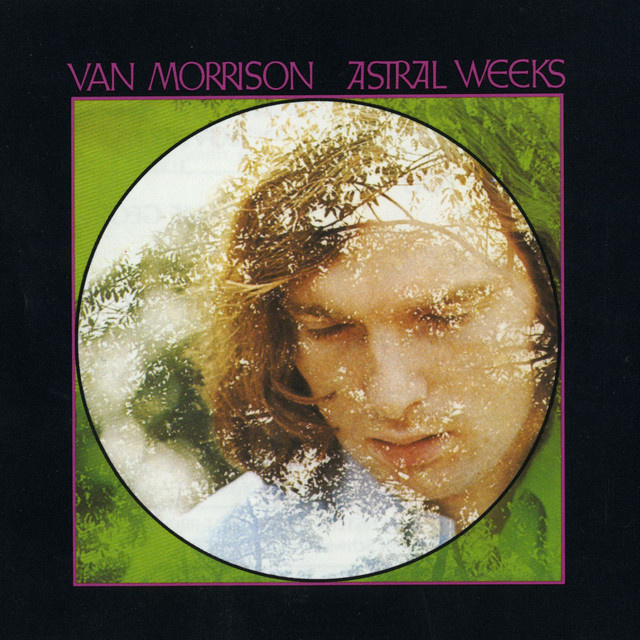Van Morrison’s Astral Weeks, after all these years later, is still an ethereal exploration of love, loss, and transcendence. Released in November 1968, this second studio effort fused folk, jazz, blues, and classical influences, diverging radically from the pop sound of Morrison’s earlier hit “Brown Eyed Girl.” Initially overlooked by critics and fans alike, Astral Weeks has since become a cornerstone of music history, hailed as one of the greatest records ever made. But behind its mystical aura lies a story of struggle, improvisation, and artistic triumph that deserves to be celebrated.
- A Record Born from Legal Turmoil
Van Morrison’s creative journey leading to Astral Weeks was fraught with legal challenges. Tied to Bang Records, he recorded Astral Weeks only after resolving a convoluted contract dispute involving mob connections, deportation threats, and even a $20,000 cash drop in a Manhattan warehouse. - The Jazz Connection
The album’s lush instrumentation owes much to jazz. Producer Lewis Merenstein enlisted renowned jazz musicians like bassist Richard Davis and guitarist Jay Berliner, who improvised much of their contributions. Davis, the session leader, anchored the ethereal feel of the music, creating a seamless backdrop for Morrison’s stream-of-consciousness lyrics. - A Songwriting Survival Kit
Morrison fulfilled a legal obligation to Bang Records by submitting 36 “nonsense” songs in one session. These throwaway recordings freed him to focus on his Warner Bros. debut, where he crafted classics like “Madame George” and “Cyprus Avenue” using vastly different arrangements. - Strings Against His Will
The haunting string arrangements on Astral Weeks—often praised for their emotional resonance—were added without Morrison’s input. He famously said, “They ruined it. I didn’t want the strings.” Yet, their juxtaposition with his raw vocals became a hallmark of the album’s timeless charm. - An Abrupt Goodbye
“Slim Slow Slider,” the closing track, ends abruptly with a jarring cut. Originally, the song featured an extended instrumental coda that delved into avant-garde territory. Producer Merenstein trimmed it significantly, leaving listeners with an unresolved, haunting finale that lingers long after the music stops.
The beauty of Astral Weeks lies not only in its music but in its mythology—an album created against all odds, filled with improvisational brilliance and poetic depth.
As Morrison himself said, “It’s not about me. It’s totally fictional.” And yet, it feels deeply personal, as if he’s opened a portal to another realm. If you haven’t ventured into the slipstream of Astral Weeks, there’s no better time to experience its magic.


